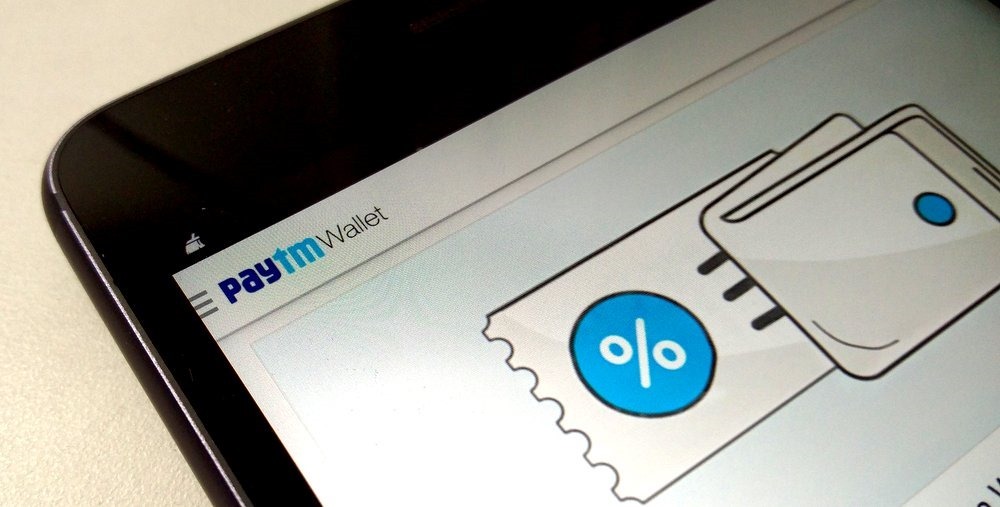Paytm Partners With Wipro For Development of Their Core Banking Solution

Paytm, India’s leading mobile commerce company and one of entities to get payments Bank license, today announced it’s partnership with IT services major Wipro. The company has been assigned to develop core banking solution for their upcoming Payments Bank.
Vijay Shekhar Sharma, founder of One97 Communications, the parent company behind Paytm, had said last year that they will be starting India’s first Payment Bank.
Wipro will be implementing the core banking solution for Paytm and also programme managing the integration of other key systems like the anti-money laundering solution and the regulatory reporting solution.
Wipro will play a crucial role in helping Paytm interface its existing systems with the core banking solution. It will also put in place and manage the data centers for the Payment Bank in order to ensure smooth functioning of the new unit.
Shinjini Kumar, who has been pitched to be the CEO of Paytm Payments Bank said, “Technology is an integral part of the value proposition we seek to create for customers of our upcoming bank and we are happy to announce that we will be partnering with Wipro. They have a demonstrated track record in banking technology in India that will be important in ensuring that our innovative solutions are integrated with core banking systems in a compliant and secure manner, creating the right platform for service delivery at large scale. We are a young and agile organization and the Wipro team has demonstrated the agility and flexibility that will be necessary to make this partnership meaningful.”
How Payment Bank Differ from Traditional Banks
Payments banks have certain limitation as compared to traditional banks. These banks can accept demand deposits and savings bank deposits from individuals and small businesses, only up to a maximum of Rs 1 lakh per account. Non-resident Indians cannot bank with these ventures, and they do not have authority to disburse loans. The payment banks can sell mutual funds, insurance and pension products as well as facilitate payments and remittances with a focus on the unbanked segment like migrant workers. While Payments banks cannot offer credit cards, they are allowed to give users ATM or Debit cards.
Last year, RBI had issued in-principle licences to 10 payments banks and 11 small finance banks.
Payments Bank – A viable business model?
Interestingly, SBI Chairperson Arundhati Bhattacharya had said earlier this month that these banks have not yet come up with any viable business model as yet.
One of the main sources of income for Banks is interest they earn on loans or credit that they offer to customers. With Payments Bank being restricted to offer loans, they cannot earn money through interest. Even the Deposits have a limit of 1 Lakh making it difficult for Payments bank to make investments in other instruments that can generate revenue.
Purely, P2P money transfers or debit transactions are not enough for these banks for make significant revenues.
Having said that, these new age Payment Banks are bound to be flexible and nimble. There is still a very large population that is unbanked in India. With use of technology, these banks can keep their costs much lower compared to traditional entities.
We will have to wait and see how Payments banks make a dent in this overcrowded-but-still-with-immense-potential Indian Banking space.
Do let us know your views!

[…] Paytm had partnered with Wipro to develop core-banking solutions for their Payment Bank. […]